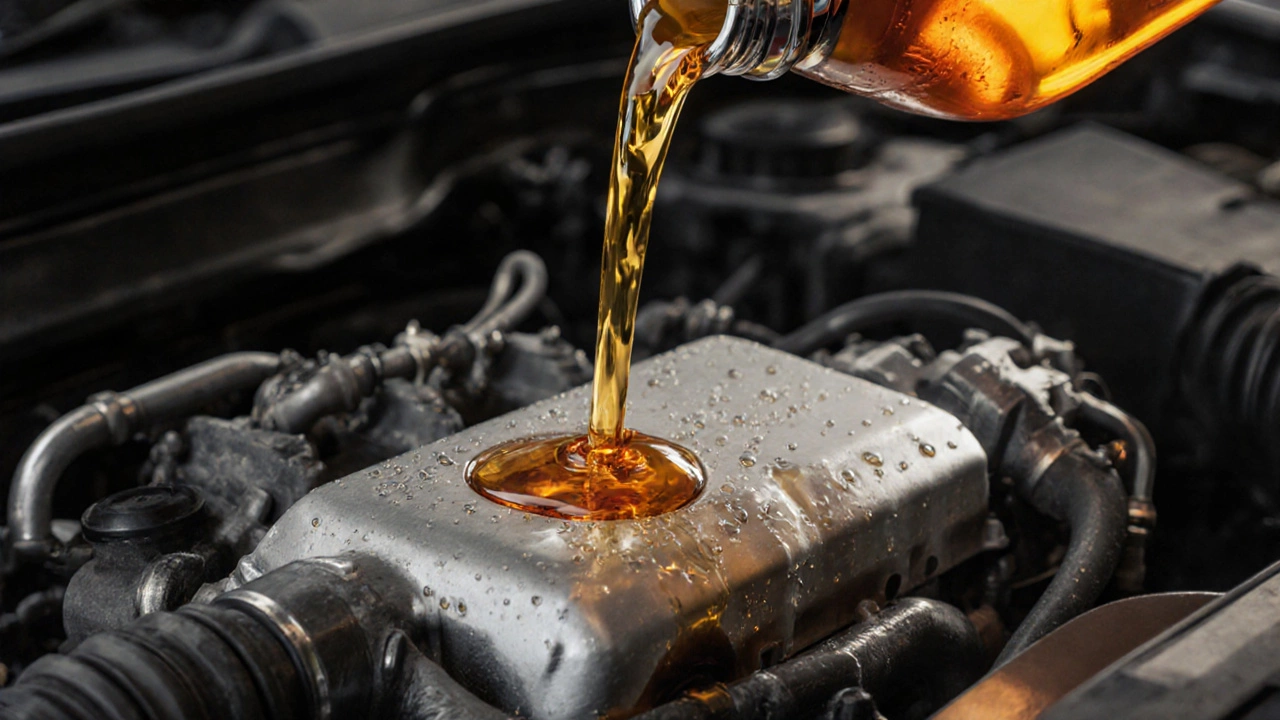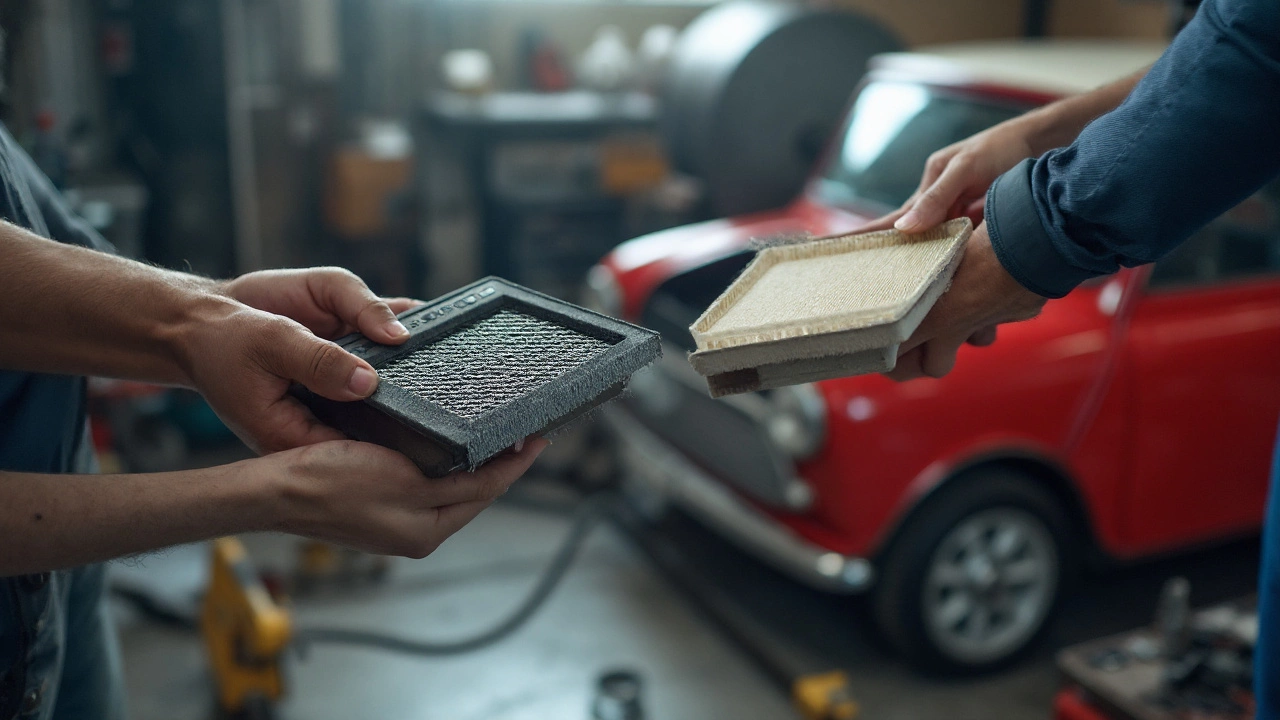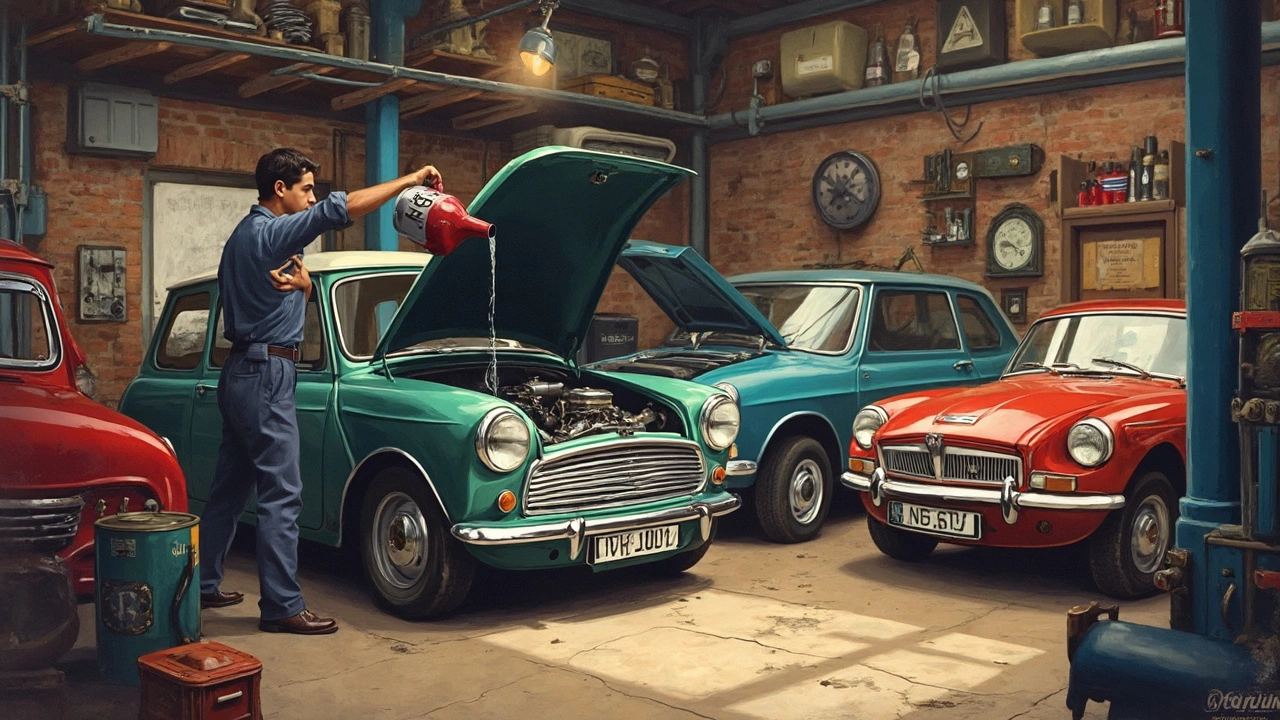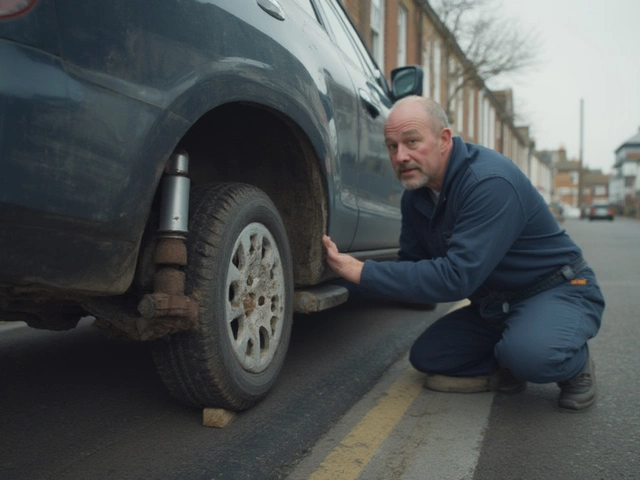Engine Protection: Simple Steps to Keep Your Motor Healthy
Your engine is the heart of the car – treat it right and it will keep you moving for years. Most breakdowns come from neglect, not big failures, so a few regular habits can save you time and money. Below are the practical things you can do today to protect the engine and avoid costly trips to the garage.
Why Engine Protection Matters
A healthy engine runs smoother, gets better fuel economy and lasts longer. When oil gets dirty, coolant boils, or spark plugs wear out, the engine works harder and wears faster. Those small issues add up, leading to overheating, loss of power, or even a seized motor. By staying on top of the basics you keep performance up and repair bills down.
Everyday Habits That Safeguard Your Engine
1. Change the oil on schedule. Fresh oil lubricates moving parts and carries heat away. Follow the manufacturer’s interval – usually every 5,000‑7,500 miles for modern cars – and use the right grade. Skipping an oil change lets sludge build up and can cause rapid wear.
2. Keep the cooling system healthy. Check the coolant level every month and top up with the correct mix of antifreeze and water. Look for rust or leaks around the radiator and hoses. An overheating engine can warp the head gasket, a repair that quickly becomes expensive.
3. Replace the air filter regularly. A clogged filter forces the engine to work harder for air, raising fuel consumption and emissions. Inspect it at each oil change; most drivers need a new filter every 12‑15 000 miles, less if you drive on dusty roads.
4. Watch the spark plugs. Faulty spark plugs cause misfires, rough idle and reduced power. If you notice a drop in acceleration or a strange knocking sound, it’s time to check them. Replacing plugs every 30‑60 000 miles keeps ignition clean and improves efficiency.
5. Test the fuel pump and injectors. A weak pump or clogged injector can starve the engine of fuel, leading to hesitation or stalling. Listen for a faint whine from the tank area and watch for a drop in performance under load. Simple pressure tests can spot problems before they cause a no‑start.
6. Monitor the radiator and hoses. Radiators can develop corrosion over time, especially with cheap coolant. Look for green or brown deposits inside the tank and replace the coolant every two years. Fresh coolant protects against rust and maintains proper heat transfer.
7. Stay alert to warning signs. Check engine light, strange noises, or a sudden loss of power – don’t ignore them. Early diagnosis of a failing component, like a bad clutch or worn suspension, prevents extra stress on the engine.
Regular checks don’t have to be complicated. A quick visual inspection of oil, coolant, and filters takes a few minutes and catches most issues. If you’re unsure, a professional at Northwich Tyres Centre can run a full engine health scan and recommend the right service.
Protecting your engine is all about consistency. Stick to the service schedule, replace wear items before they fail, and pay attention to how the car feels. Your engine will thank you with smooth runs, lower fuel bills, and many more miles of trouble‑free driving.
 12 October 2025
12 October 2025
Using Regular Oil Instead of Synthetic: Risks, Effects & What to Expect
Learn what happens when you use regular motor oil instead of synthetic, covering risks, engine wear, warranty issues, and how to switch back safely.
 8 August 2025
8 August 2025
Are Expensive Air Filters Worth It? Comparing Air Filter Effectiveness
Wondering if pricier air filters actually keep your car safer or just empty your wallet? This article breaks down the facts, explains different types, and tells you what really works.
 14 April 2025
14 April 2025
Understanding Engine Oil: What It’s Really Used For
Engine oil is more than just a lubricant; it’s vital for reducing friction, cooling engine parts, and protecting against wear and corrosion. Without it, engines would overheat and seize up. Different types of oil cater to different engine needs, from synthetic to high-mileage formulas. Regular oil changes are essential for the longevity and efficiency of your vehicle.
Latest Posts
-

Can a Fuel Pump Be Bad and Still Work? Signs You're Driving on a Dying Pump
-

How to Spot Bad Suspension Shocks: Warning Signs and Solutions for Your Car
-

Understanding Car Tire Costs and What Influences Price
-

Premium Air Filter Benefits: Should You Upgrade for Cleaner Car Air?
-

Do Wiper Blades Need to Be Exact Size? What Really Matters for Clear Vision
Tags
- car maintenance
- engine oil
- spark plugs
- brake pads
- engine performance
- vehicle maintenance
- spark plug replacement
- windshield wipers
- fuel pump
- suspension parts
- clutch replacement
- oil change
- clutch kit
- car performance
- air filters
- car suspension
- car radiator
- exhaust systems
- engine misfire
- fuel pump failure

0